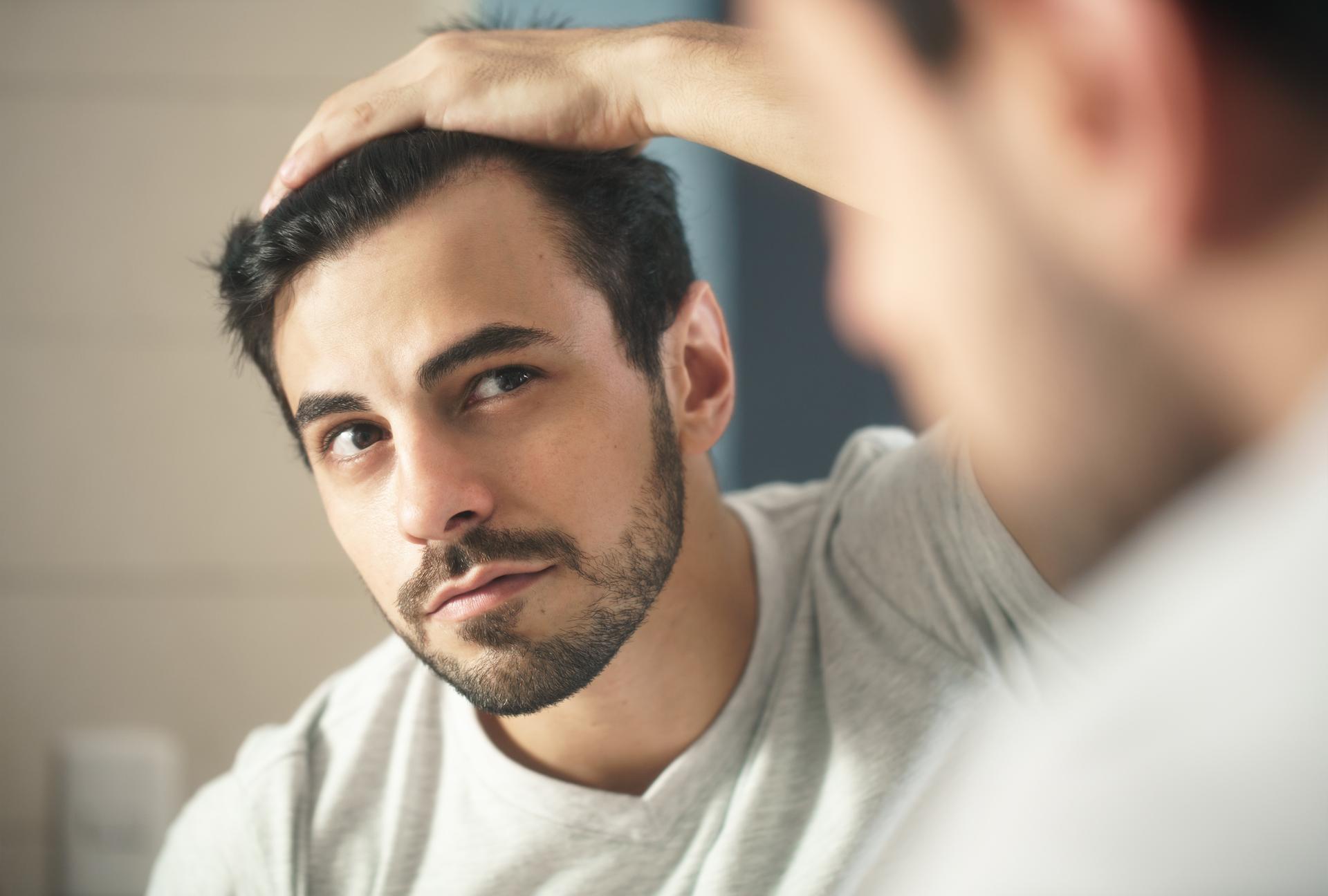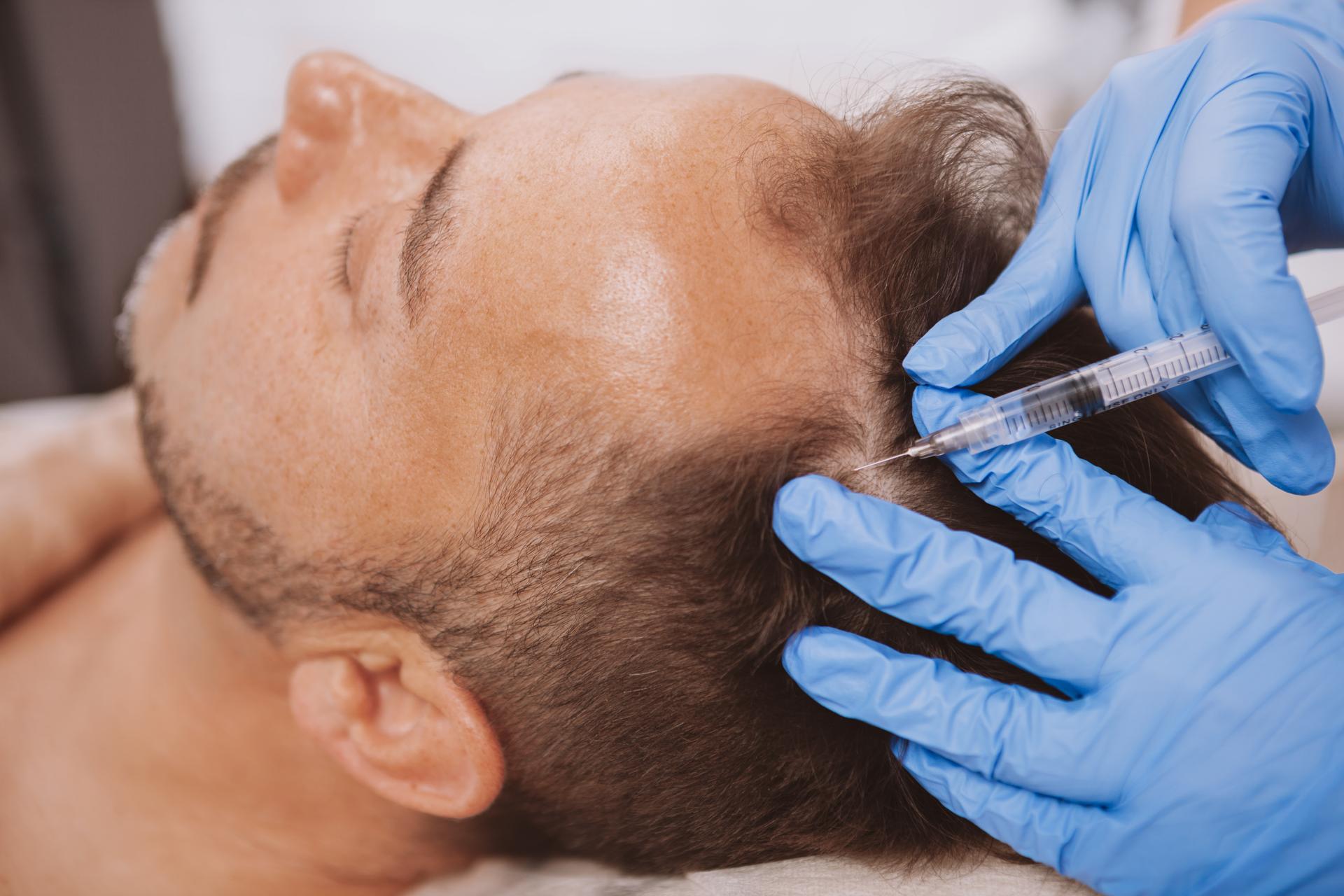Due to innovative technology, modern-day hair transplant surgeries have become minimally-invasive surgeries. They are now safer, more effective, and yield more natural-looking results than ever. They also have a quicker and smoother healing process. However, similar to other surgical procedures, the success rate of the hair transplant largely depends on how well you follow the aftercare routine. Post-surgery, all precautions must be taken to ensure your new grafts are not damaged, including taking extra care while sleeping.
These days, the most preferred hair transplant procedures are Follicular Unit Extraction (FUE) and Follicular Unit Transplant (FUT). In each of these procedures, hair follicles are extracted from the donor area, which is usually in the back of the head, and transplanted into tiny incisions made across the balding area. While the FUT recovery process takes slightly longer, since an entire strip of scalp with healthy hair follicles is extracted from the donor area, the recovery in FUE is quicker since individual hair follicles are extracted. Therefore, a patient has minimal scarring.
While the recovery is unproblematic, maintaining a proper aftercare routine makes an easy recovery. During post-surgery care, most patients share a common concern of how to sleep after a hair transplant to ensure that their new hair follicles do not get damaged or dislodged.
The following are a few tips on how to sleep after a hair transplant procedure:
1. Sleep in the right position
For at least a week after surgery, sleep with your head and back slightly elevated, preferably on a recliner. The first three to four nights have the highest risk of swelling. Sleeping in an elevated position will keep the swelling in your scalp and forehead under control and speed up the recovery. If you are lying on your back, rest your head on a soft pillow and avoid tossing or turning, as this could dislodge your grafts. If you are accustomed to sleeping on your stomach, avoid doing so to prevent post-surgery swelling.
2. Cleanliness is the key
For a few days post-surgery, you will have to be extra careful in ensuring thorough cleanliness of your bed, pillowcases, and sheets, to avoid any risk of infection. Wash them with a detergent that does not contain any allergens that could irritate your scalp.
3. Cover your pillow with a soft towel
Some leakage from the scalp is expected in the postoperative period while it heals. Covering your pillow with a soft towel or a cloth will prevent your pillows and pillowcases from getting stained.
FAQs:
When can I sleep normally after a hair transplant procedure?
It will take at least ten days before patients can return to their normal routine and activities. This includes physical activities, usual sleeping positions and patterns, hair washing, and so on. It takes approximately 7 to 10 days post-surgery for the hair grafts and the incisions on the scalp to heal. After that, you can sleep normally and resume your daily activities.
How long after hair transplant grafts are secure?
The newly transplanted hair grafts typically take 8 to 14 days after the surgery to be secure and rooted into the recipient area. However, this will depend on how well you follow the required post-care routine and take all the necessary precautions.
How can I speed up healing after the hair transplant procedure?
To ensure quick healing and a smooth recovery process after a hair transplant, take the following steps:
- Avoid any physical activity or exercise that can cause perspiration or cause your heart rate to increase. Perspiration will lead to itching on the scalp, which is not suitable for hair grafts.
- To fasten the healing process, avoid smoking and drinking alcohol, as it directly affects the blood supply to your head.
- Eat a balanced diet rich in nutrients and antioxidants, and stay hydrated.
- Avoid touching your scalp, which includes itching or scratching it.
- Avoid exposing your scalp to direct sunlight for long durations during the first 2 weeks after surgery.
For the best hair transplants in New Jersey, get in touch with our experts at the New Jersey Hair Restoration Center. We have the best hair transplant doctors in NJ who will help guide you regarding hair restoration therapy.


